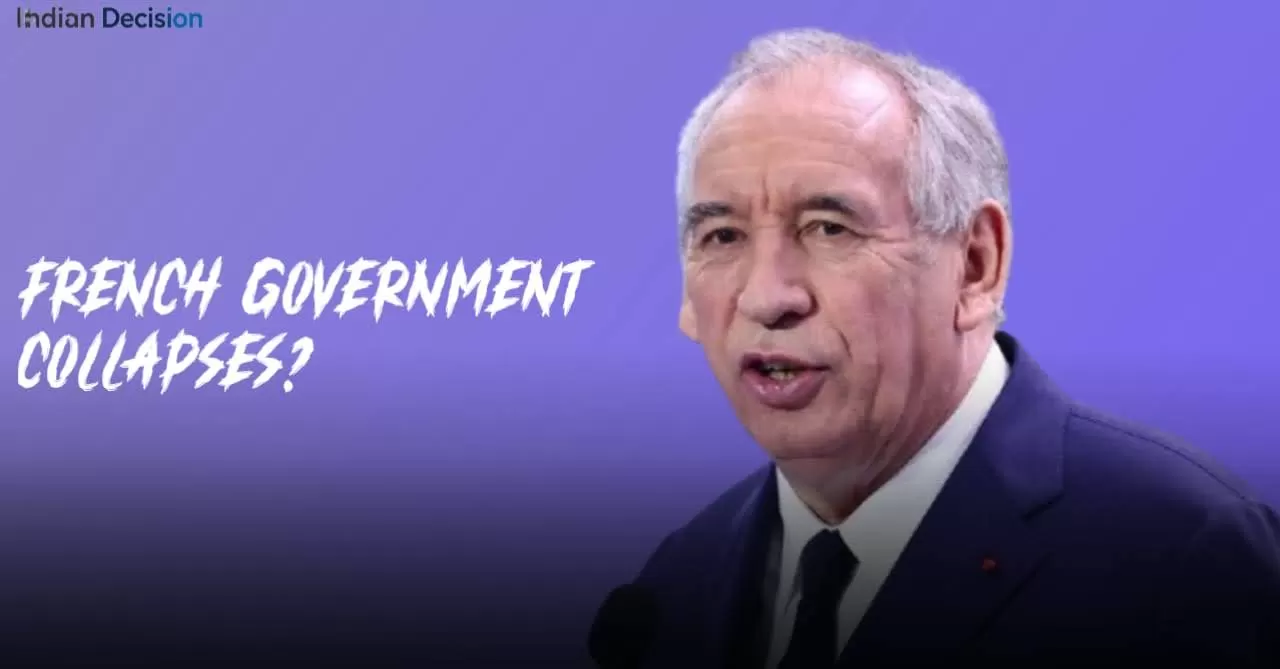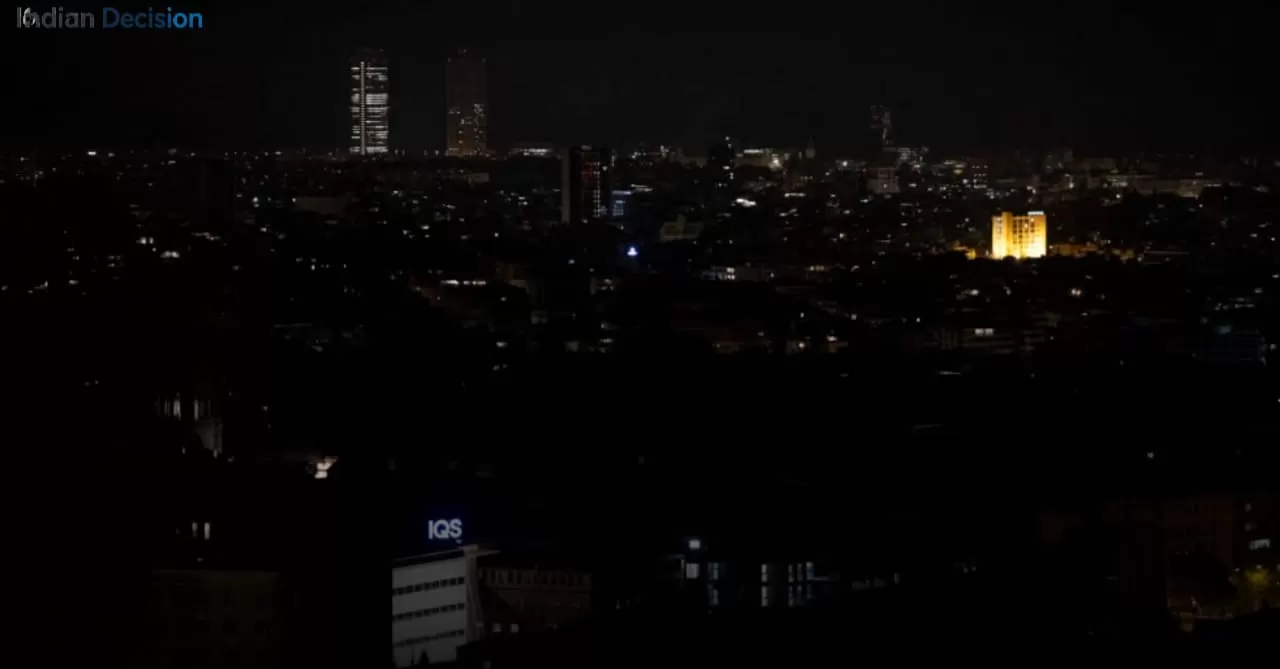French Government Collapse: Crisis Unfolds in France
The French government has officially collapsed today after a major parliamentary standoff left President Emmanuel Macron unable to maintain a functioning majority. The development marks a turning point for France, forcing Macron to navigate political chaos, appoint a new prime minister, and seek a path forward amid mounting public discontent.
Why the Government Fell
The collapse followed weeks of growing tension between Macron’s centrist coalition and opposition forces in the French parliament. A no-confidence motion passed late yesterday, supported by left-wing and far-right lawmakers, effectively toppling the prime minister and cabinet. Macron, who has struggled to pass key reforms since losing his absolute majority in 2022, now faces one of the gravest crises of his presidency.
At the heart of the dispute were economic policies and controversial reforms that critics said deepened social inequality. The government’s inability to secure consensus pushed France into a legislative deadlock that finally broke the fragile coalition holding power together.
Macron’s Position and Next Steps
President Macron remains in office, but his authority is visibly weakened. The French Constitution allows him to appoint a new prime minister, dissolve the National Assembly, or attempt to build a new governing coalition. Each option carries significant risks:
- Appointing a caretaker prime minister: This would keep the government running but may not solve the underlying parliamentary gridlock.
- Dissolving parliament: Fresh elections could reset the balance of power, but Macron’s alliance risks losing even more seats.
- Negotiating coalitions: Macron could try to strike deals with opposition parties, though ideological divides make this challenging.
The Role of the Prime Minister
The collapse has ended the tenure of the current prime minister, whose resignation is now expected. The position of prime minister in France is crucial, as they oversee daily governance, implement policy, and act as the link between parliament and the presidency. Whoever succeeds will face the difficult task of restoring confidence in the government while addressing growing public frustration.
Reactions Across France
The news sparked immediate debate across the country. Supporters of the no-confidence vote argue that the government’s fall was overdue, citing anger over pension reforms, cost-of-living pressures, and a sense of democratic disconnect. Critics, however, warn that the collapse risks plunging France into prolonged instability at a time when Europe faces multiple crises, from energy security to geopolitical tensions.
In Paris, protesters gathered outside the National Assembly, some celebrating the fall of what they called an unresponsive administration. Others voiced fears that political paralysis would deepen economic uncertainty and weaken France’s global standing.
What It Means for France’s Future
The collapse comes at a critical moment for France and Europe. Macron has positioned himself as a central figure in European Union policymaking, particularly on defense, energy, and economic coordination. A weakened government in Paris could undermine France’s influence in Brussels and slow down EU-wide initiatives.
Domestically, the collapse is likely to accelerate debates on France’s political system itself. Many voters feel increasingly alienated from the centralized presidency and the struggles of coalition politics. Calls for reforming the constitution, expanding proportional representation, or strengthening parliamentary power may gain new traction in the coming months.
Historical Context
Government collapses are not new in France, though they are relatively rare under the current Fifth Republic, established in 1958. The system was designed to provide stability after decades of short-lived governments under the Fourth Republic. Macron’s predicament shows that even the strengthened presidential system is not immune to gridlock when parliamentary dynamics shift dramatically.
Possible Scenarios Ahead
Analysts outline several possible scenarios:
- New elections: Macron may dissolve parliament, but this risks boosting Marine Le Pen’s National Rally or left-wing alliances, both of which oppose his policies.
- Minority government: Macron could try to govern with ad-hoc agreements, but this would make passing legislation extremely difficult.
- National unity government: Though rare in France, a cross-party coalition could emerge to stabilize the situation.
International Reactions
France’s allies and rivals alike are watching closely. European leaders expressed concern about instability in Paris, given France’s key role in NATO and the EU. Financial markets reacted cautiously, with the euro dipping slightly against the dollar. Analysts warned that prolonged uncertainty could impact France’s credit rating and investor confidence.
Public Opinion and Macron’s Legacy
Public opinion polls suggest Macron’s popularity has dropped sharply, with many French citizens expressing frustration over his leadership style. Critics accuse him of governing in a top-down manner, ignoring grassroots concerns. The government’s collapse may define his legacy, overshadowing earlier achievements in foreign policy and economic modernization.
Conclusion: France at a Crossroads
The collapse of the French government is more than a political event it is a moment of reckoning for the country’s democracy. France now faces uncertainty over its leadership, its policies, and its role on the international stage. Whether Macron can navigate the storm and rebuild trust will shape not only the remainder of his presidency but also the future trajectory of French politics.
As the crisis unfolds, all eyes will remain on Paris, where the next move could either stabilize the nation or plunge it into deeper turmoil.







